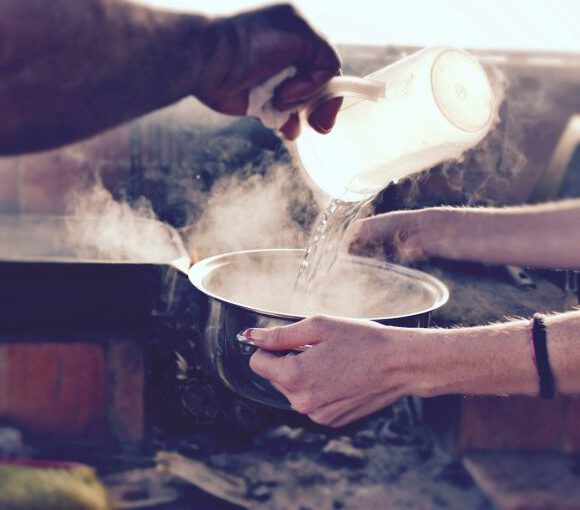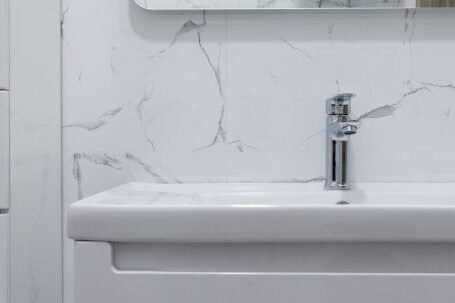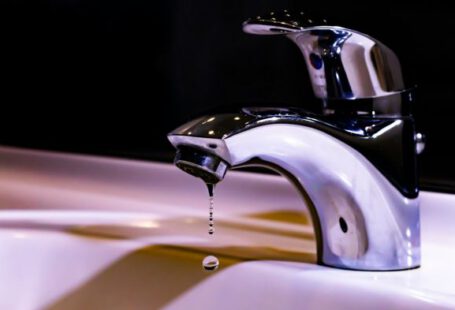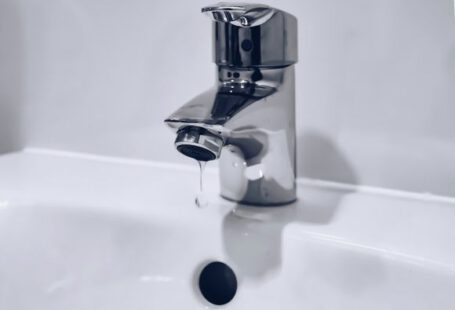Imagine stepping into the shower, eagerly anticipating a relaxing and warm cascade of water, only to be greeted by an unpleasant blast of cold water. We’ve all experienced this frustration at some point, and it can be quite perplexing. Why is your hot water suddenly ice-cold? In this article, we will explore the potential reasons behind this issue and provide some troubleshooting tips to help you regain your warm showers.
1. Sediment Build-up in the Water Heater
Over time, sediment can accumulate at the bottom of your water heater tank, reducing its efficiency and affecting the temperature of the water. Sediment build-up can insulate the heating element, preventing it from adequately warming the water. To check if this is the issue, you can try flushing the tank. Consult your water heater’s manual or seek professional assistance to safely carry out this task. Regular maintenance, such as flushing the tank, can help prevent sediment build-up and ensure your water heater functions optimally.
2. Thermostat Malfunction
Another common culprit behind cold water woes is a faulty thermostat. If the thermostat is not functioning correctly, it may not signal the heating element to activate, resulting in cold water. To troubleshoot this, you can try adjusting the thermostat settings to a higher temperature. If this doesn’t work, it may be time to replace the thermostat or seek professional help to ensure proper functioning of your water heater.
3. Pilot Light Issues
For those with gas water heaters, a malfunctioning pilot light can lead to cold water supply. The pilot light ignites the burner, which in turn heats the water. If the pilot light is out, the burner will not ignite, resulting in cold water. Check the pilot light and relight it if necessary, following the manufacturer’s instructions. If the pilot light keeps going out or won’t stay lit, it may indicate a more significant problem that requires professional attention.
4. Broken Dip Tube
The dip tube is responsible for directing cold water to the bottom of the tank, ensuring that it gets heated. If the dip tube is broken or deteriorated, it can cause cold water to mix with the hot water, resulting in lukewarm or cold water from your faucets. Replacement of the dip tube is typically required to resolve this issue. Consult a professional plumber to diagnose and fix this problem effectively.
5. Insufficient Insulation
In some cases, inadequate insulation around the water heater or hot water pipes can lead to heat loss, resulting in cold water. Check the insulation around your water heater and pipes to ensure they are adequately covered. Adding insulation can help retain the heat and prevent cold water issues.
In conclusion, there can be several reasons why your hot water suddenly turns cold. Sediment build-up, thermostat malfunction, pilot light issues, a broken dip tube, and insufficient insulation are among the common culprits. By identifying the specific problem and taking appropriate troubleshooting steps, you can restore your hot water supply and enjoy those warm and comforting showers once again. Regular maintenance and professional assistance, when needed, can help prevent and resolve these issues, ensuring a consistent supply of hot water in your home.



